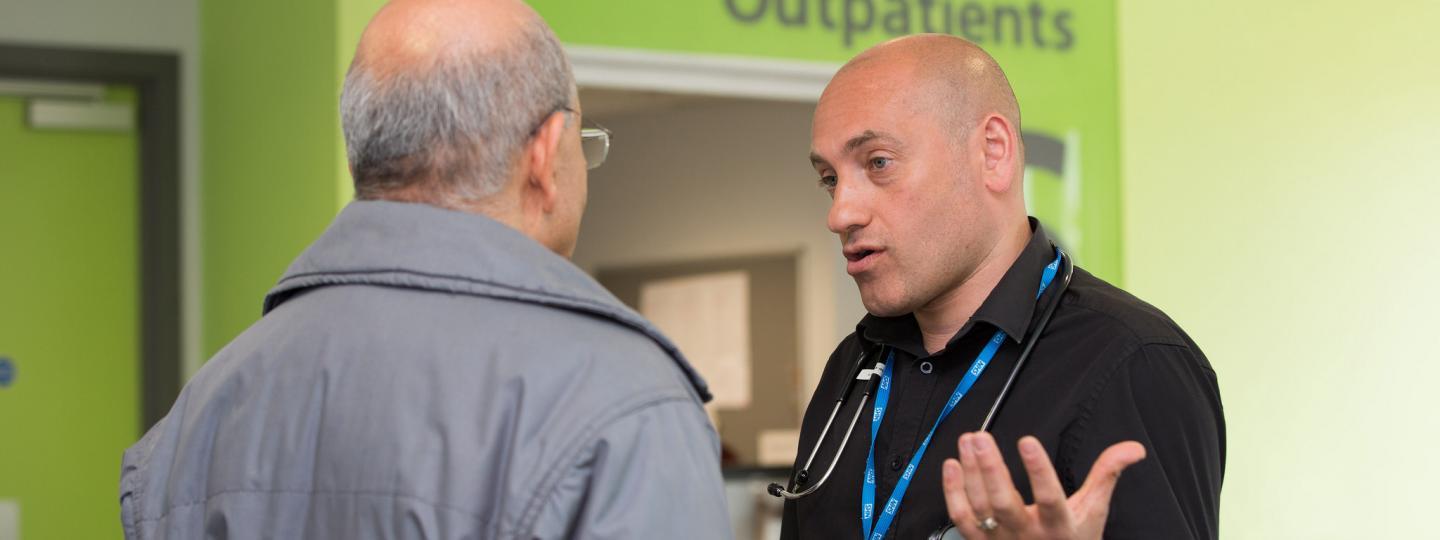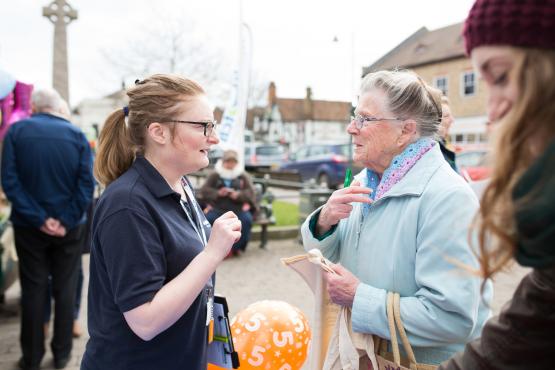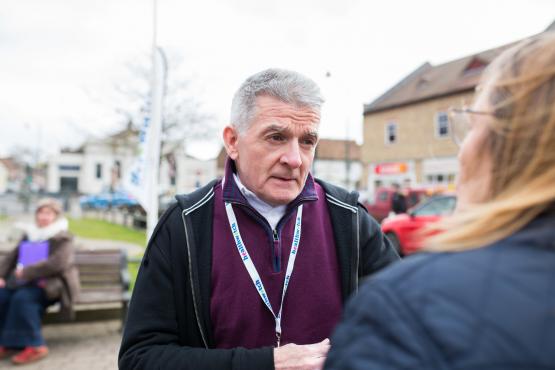What is the Healthwatch Halton Advocacy Hub?
The Hub brings together a range of statutory advocacy services, through a single point of access, making it simpler and easier for people to get the right support they need from an advocate when they need it.
The following services are provided within the HUB:
- IMCA (Independent Mental Capacity Advocacy)
- DoLS S39A, s39C, s39D
- Paid RPR (Relevant Persons Representative)
- IMHA (Independent Mental Health Advocacy)
- Care Act Advocacy
- NHS Complaints Advocacy
What is advocacy?
Advocacy is:
- Ensuring people are able to have their voice heard on issues that are important to them
- Making sure that any decisions being taken about a person genuinely take into account their views, wishes and feelings
- Safeguarding and defending a person’s rights
Although most people using the health service are happy with their care and treatment, things can sometimes go wrong. If you're not satisfied with the service you've experienced from a hospital, doctor, dentist, local surgery or other NHS provider, you are entitled to complain about it.
The Healthwatch Halton Advocacy Hub can help you make this complaint, via a free, confidential and independent service designed to help you understand your rights and make informed choices.
They can help you to:
- explore the options available at every stage of the complaints procedure
- provide confidential support from someone who is independent of the NHS
- write effective letters to the right people
- prepare for meetings and maybe even go with you
- contact and speak to third parties if required
How to get in touch
To help you decide what type of advocacy you need and how to make a referral, please click on the link you need below.
For further information and guidance about the services we provide, or if you think you or someone you are supporting may need advocacy support, please contact our local team and we will be happy to help.
Phone on 0151 347 8183. Our phone line is available Monday to Friday 9 am until 5 pm. (An answerphone is available outside of these hours) Email: advocacy@weareecs.co.uk
Knowing how to make a complaint
Making a complaint can be a daunting task, so knowing who you can complain to and what to do is essential.
We can help you. We've worked with Healthwatch England to produce straightforward advice will guide you through the process from knowing who to talk to, top tips on what to do and what you can expect from services in response.




